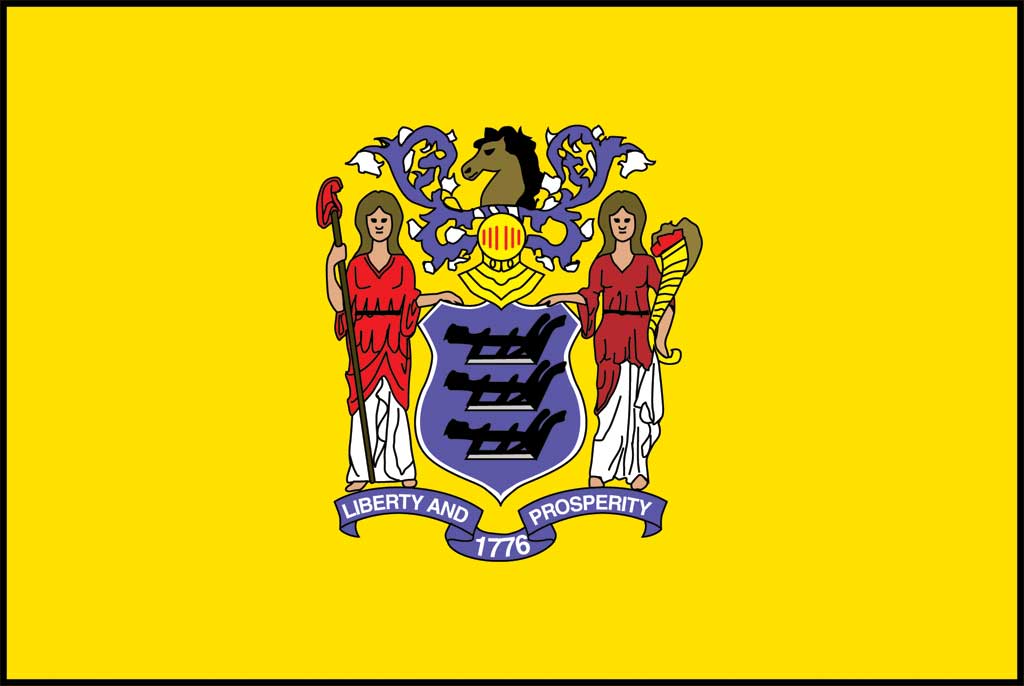Two Assembly members from Monmouth County have introduced a bill in the state Legislature which would, if passed in the Senate and Assembly and signed into law by the governor, remove limits on the amount of medical marijuana that may be dispensed at one time and expand access to edible forms, including oils.
The bill (A3421) is named after Jake Honig, 7, of Howell, who died earlier this year following a five-year battle with cancer. Jake’s parents, Mike and Janet, have said they used a form of medical marijuana to ease their son’s pain.
Assemblywoman Joann Downey and Assemblyman Eric Houghtaling (both D-Monmouth) introduced Jake Honig’s Law. The legislation has been referred to the Assembly Health and Senior Services Committee.
“In honor of Jake, who passed away in January, this bill seeks to remove certain restrictions on access to medical marijuana in order to reduce the suffering experienced by, and improve the quality of life of, New Jersey patients, like Jake, seeking treatment for a life-threatening medical condition,” Downey said.
The bill would revise certain requirements concerning patient access to medical marijuana. Specifically, it provides for alternative treatment centers to make medical marijuana available to patients in oil form, removes restrictions that made edible forms of medical marijuana available only to qualifying patients who are minors, and removes the current 2-ounce limit on the quantity of medical marijuana that may be dispensed in a 30-day supply.
“The dispensing of medical marijuana has been strongly regulated in New Jersey since inception, and arguably, rightfully so; however, patients have been limited or denied access to a medicine that can help them with the ailments caused by their illness,” Downey said.
“There are many patients like Jake and his family in New Jersey who deserve to make their own choices on whether to make medical marijuana a part of their medicinal regimen. They must also have access to other types of products, not just in capsule form,” the assemblywoman added.
Under the terms of the bill, a patient’s physician may authorize the patient to be dispensed a 30-day supply of medical marijuana in any quantity. If the physician does not specify a quantity, the amount dispensed will be at the discretion of the alternative treatment center based on the patient’s qualifying medical condition and an assessment of the patient’s treatment needs.
Mike and Janet Honig said medical marijuana proved to be the most effective way of making Jake more comfortable. They said medical marijuana helped to improve his mood and his appetite, and restore his mental well-being.
“We know (marijuana) has medicinal value, we saw it firsthand,” Mike Honig said. “We would take Jake off the (cannabis oil) and he would vomit, he would be in pain, he would have anxiety and agitation. We would put him right back on it and in 20 minutes he was smiling, eating, resting and sleeping.”
Jake’s father said the cannabis oil could be rubbed on his son’s gums and absorbed. The substance can also be used with suppositories.
Honig said it is incredible to have his son’s name and legacy attached to the bill and said it is an honor they may be able to help other individuals who are or who may one day be in a similar situation.
He said the prospect of having the 2-ounce limit being removed is a significant action.
“Many patients can be allotted 1 ounce to 2 ounces per month and it may be sufficient, but there are many patients, especially terminal patients, where that is just not enough,” Honig said.
He said it would also be significant for a medical marijuana dispensary to be permitted to convert marijuana buds into cannabis oil.
“We had many sleepless nights wondering if we were going to be able to stretch out the amount of medical marijuana we were allotted for the full 30 days,” Honig said. “At least patients and caregivers would not need to have the stressful burden of wondering if they have enough medicine to last them for a full month.
“We are committed to improving our state’s medical marijuana program for all patients. Kids, adults, cancer and non-cancer related illnesses, this law will affect all 15,000 active members in the state program,” he said.
Honig said New Jersey officials need to look at other comparable states in terms of populations, such as Michigan, which has 212,000 individuals enrolled in its medical marijuana program, and Arizona, which has more than 168,000 individuals enrolled.
New Jersey has approximately nine million residents, Michigan has approximately 10 million residents and Arizona has approximately 7.1 million residents.
“So we are sitting at 15,000 and it sounds like a lot, but these other states with a comparable population have 10 times, if not more, the number of patients who are receiving the benefits of medical marijuana,” Honig said.
“We look forward to working with the state on rolling out different educational campaigns so physicians are educated about specific strains of marijuana, which strains are good for which illness, how much marijuana a patient should have, how to administer it, what the dosing is like, just like any other prescription medication.
“That is where we want to get to, it is medicine so let’s treat it like medicine. We envy the people who sit back and say marijuana has no medicinal value. We envy those people because saying that means they have never been put in a situation where they had to try it,” Honig said.

